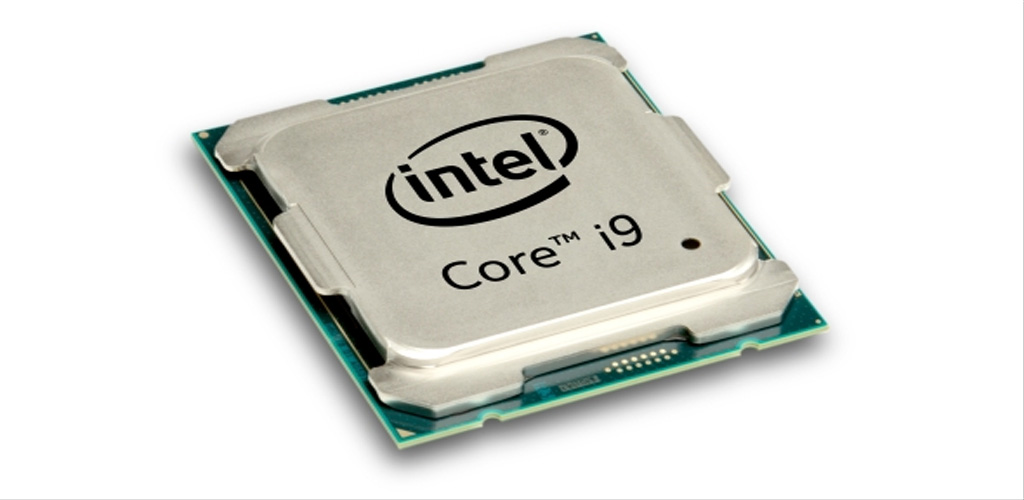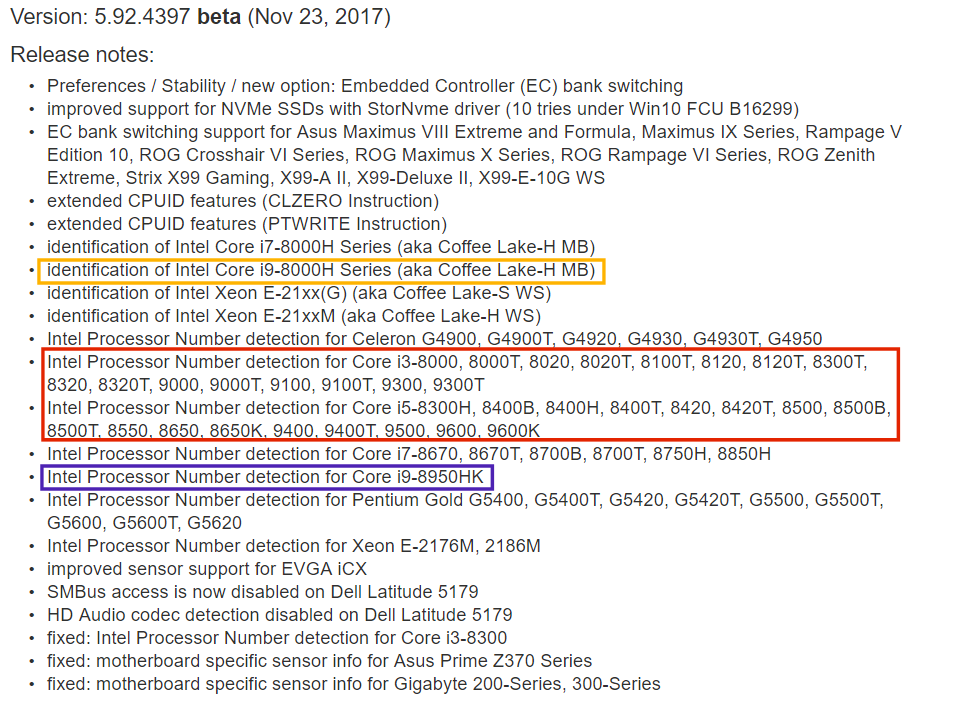Intel Core i9 Coffee Lake-H coming to Laptops; 9th Gen Core chips also Leaked

A list of unreleased Intel 8th Gen mobile processors has showed up online, courtesy of third-party diagnostic tool AIDA64. The key headline here is that the company will be bringing the first Core i9 processor to notebooks. The Core i9-8000H series CPUs will be based on the Coffee Lake-H architecture, and will cater to the high performance mobile market.
According to the leaked details, the Intel Core i9-8950HK is the flagship chip of the lineup. Specifications of this chip are not known yet, but previous Geekbench leaks show it will be a 6-core, 12-thread model with unlocked multiplier, hence called an HK.
READ ALSO: Intel Coffee Lake RAM Speed Matters for Gaming? See The Results

Further, the Core i7-H and i7-HK processors will also be part of the Coffee Lake-H family, rather than Kaby Lake Refresh, which can be explained by the 45W nature of the processors. The naming scheme will follow desktop Coffee Lake core counts, namely that Core i3 will be quad-core, Core i5 will be hexa-core, and Core i7 will be hexa-core with hyperthreading capabilities.
Intel’s 8th Gen mobile processor lineup will look something like this:
- Core i3-8300H: 4-core/4-thread with 8MB cache
- Core i5-8400H: 6-core/6-thread with 9MB cache
- Core i7-8750H: 6-core/12-thread with 12MB cache
- Core i7-8850H: 6-core/12-thread with 12MB cache (and higher speeds?)
- Core i9-8950H: 6-core/12-thread with 12MB cache (and higher speeds, plus overclocking support)
The leak also confirms some upcoming Celeron and Pentium chips. Looking at the names of these chips, Intel has made it easier to tell if a processor uses the Core microarchitecture, or shares it with the cheaper, more energy efficient Atom lineup.
- Pentium Gold = Cheaper version of an Intel Core chip
- Pentium Silver = High-performance cousin of an Atom chip
- Celeron G = Even cheaper Core
- Celeron N or J-series = The new Atom
Finally, the AIDA64 leak includes a ton of Intel’s upcoming 8th Gen and 9th Gen Core processors for desktops – you can find the list of these chips at AnandTech. At the moment, there is very little known about the 9th Gen family, for example, we’re still not sure about the number of CPU cores, clock speeds, or even the architecture that some of these chips will be based on.